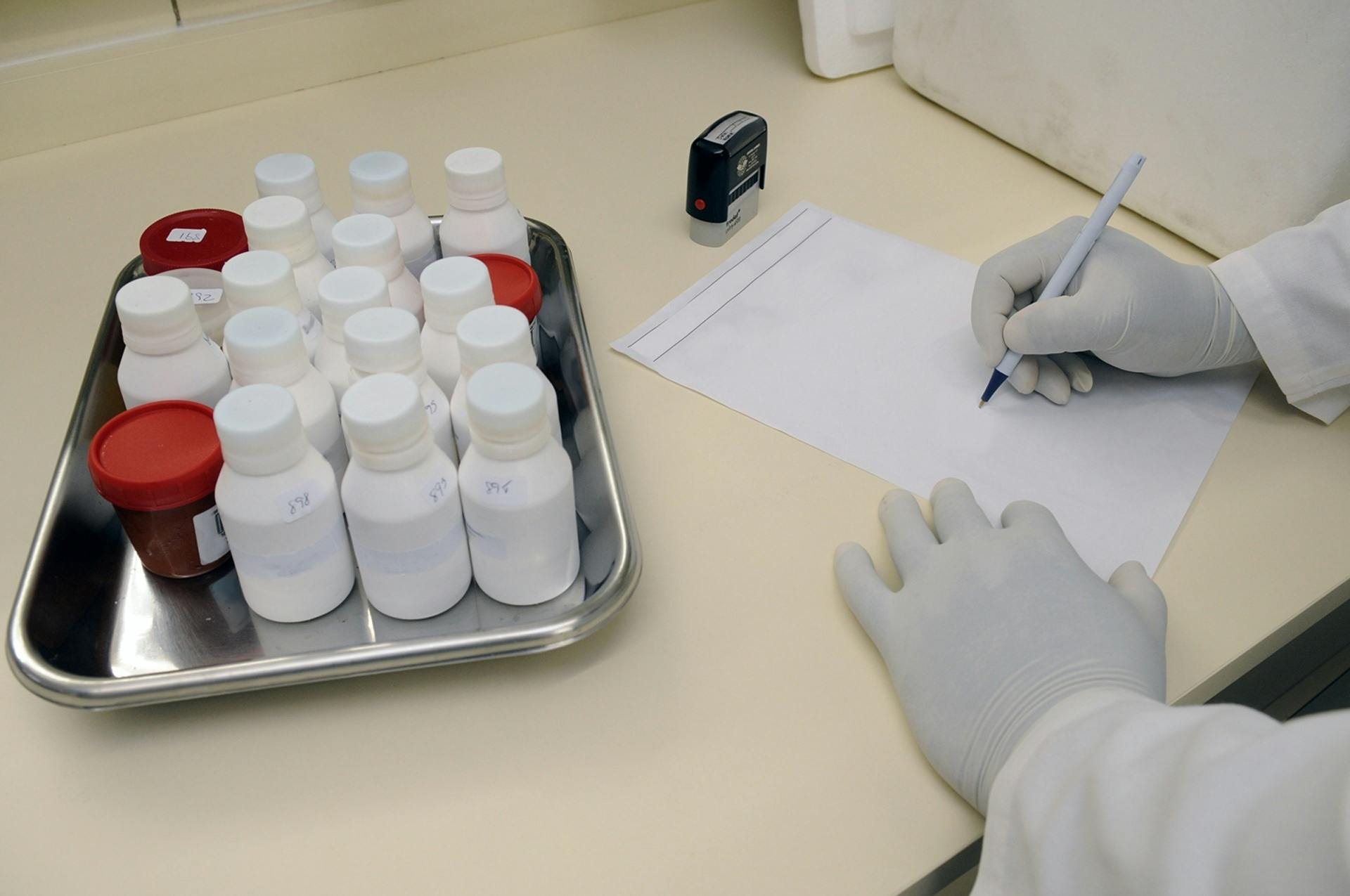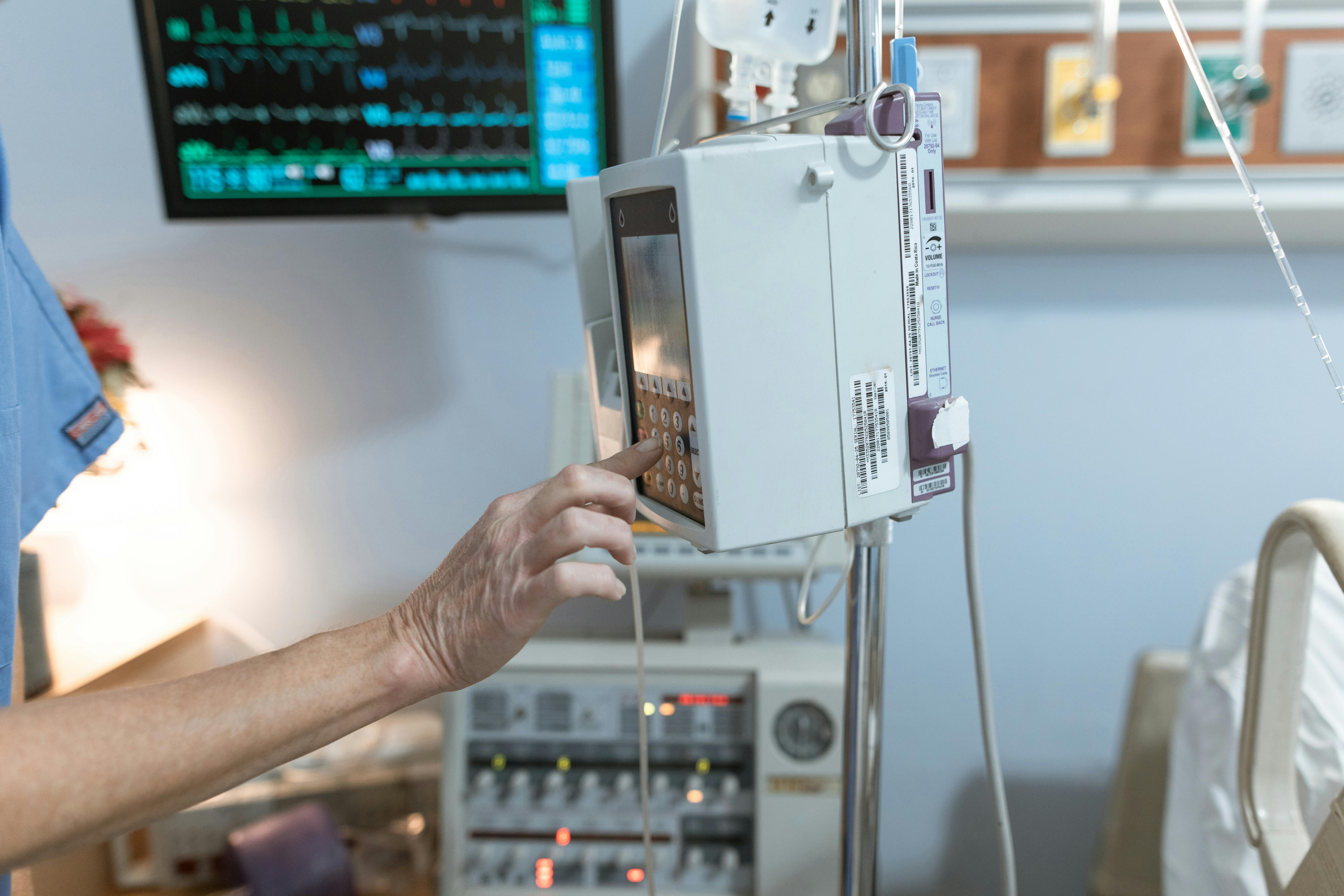Failure to Diagnose or Treat Sepsis
A Case of Missed Early Intervention
A 30-year-old new mother returned to the emergency room shortly after being discharged following her baby’s birth. She presented with a fever, nausea, rapid heart rate, low blood pressure, chills, vaginal pain,and a high white blood cell count. However, the nurse practitioner at the ER diagnosed her with a urinary tract infection despite finding no bacteria in her urine and sent her home. Later that same day, she collapsed and was rushed back to the ER, where doctors diagnosed severe sepsis and labeled her condition as “critically ill.” Despite immediate antibiotics and an emergency abdominal hysterectomy to reverse the infection, she passed away two days later. The court awarded her family $20 million in damages due to this critical failure to diagnose and treat sepsis.
/ / / / / / / /
Understanding Sepsis and Its Critical Indicators
Sepsis is a severe response to infection, often leading to organ failure and death if not addressed promptly. The diagnosis of sepsis typically requires identifying signs such as:
- Respiratory rate of ≥22
- Altered mental status
- Low systolic blood pressure ≤100 mmHg
Risk factors for sepsis include ICU admission, bacteremia, advanced age (65+), immunosuppression, diabetes, obesity, cancer, community-acquired pneumonia, and recent hospitalization.
Common Malpractice Errors in Sepsis Cases
Nurse practitioner malpractice claims involving sepsis often arise due to:
- Failure to Order Necessary Tests
Timely investigations to identify infection sources are critical in cases with sepsis risk factors, especially in postpartum or post-surgical patients.
- Failure to Suspect Sepsis
Prompt sepsis suspicion allows for lifesaving early interventions, particularly in high-risk groups like new mothers.
- Failure to Admit or Delay in Admission
Delaying hospital admission in patients with sepsis symptoms compromises timely intervention and monitoring.
- Failure to Refer for Additional Evaluation
Immediate referrals to specialists or intensive care are essential for severe infection cases.
- Misinterpretation of Diagnostic Results
Accurate reading of test results (e.g., d-dimers, pulse oximetry) can be crucial for sepsis identification and intervention.
Damages and Consequences of Missed Sepsis Diagnosis
Failure to diagnose sepsis can lead to wrongful death, organ failure, and high healthcare costs. Families are often left dealing with the loss of a loved one and the accompanying emotional and financial burdens.
How Malpraq Supports Sepsis Misdiagnosis Victims
At Malpraq, we are committed to ensuring patients’ rights. If you or a loved one experienced undiagnosed or improperly treated sepsis, our team is prepared to review your case and connect you with the support and representation you need.
Contact Malpraq today for a confidential consultation. Our goal is to help you find the justice and compensation you deserve.
Latest
From the Blog
Malpraq.com
Contact
Saint Rock Holdings LLC
309 E Georgia Ave
Phoenix AZ 85012
Malpraq.com
Contact
Saint Rock Holdings LLC
309 E Georgia Ave
Phoenix AZ 85012
Malpraq.com
Contact
Saint Rock Holdings LLC
309 E Georgia Ave
Phoenix AZ 85012
Malpraq.com
Contact
Saint Rock Holdings LLC
309 E Georgia Ave
Phoenix AZ 85012























